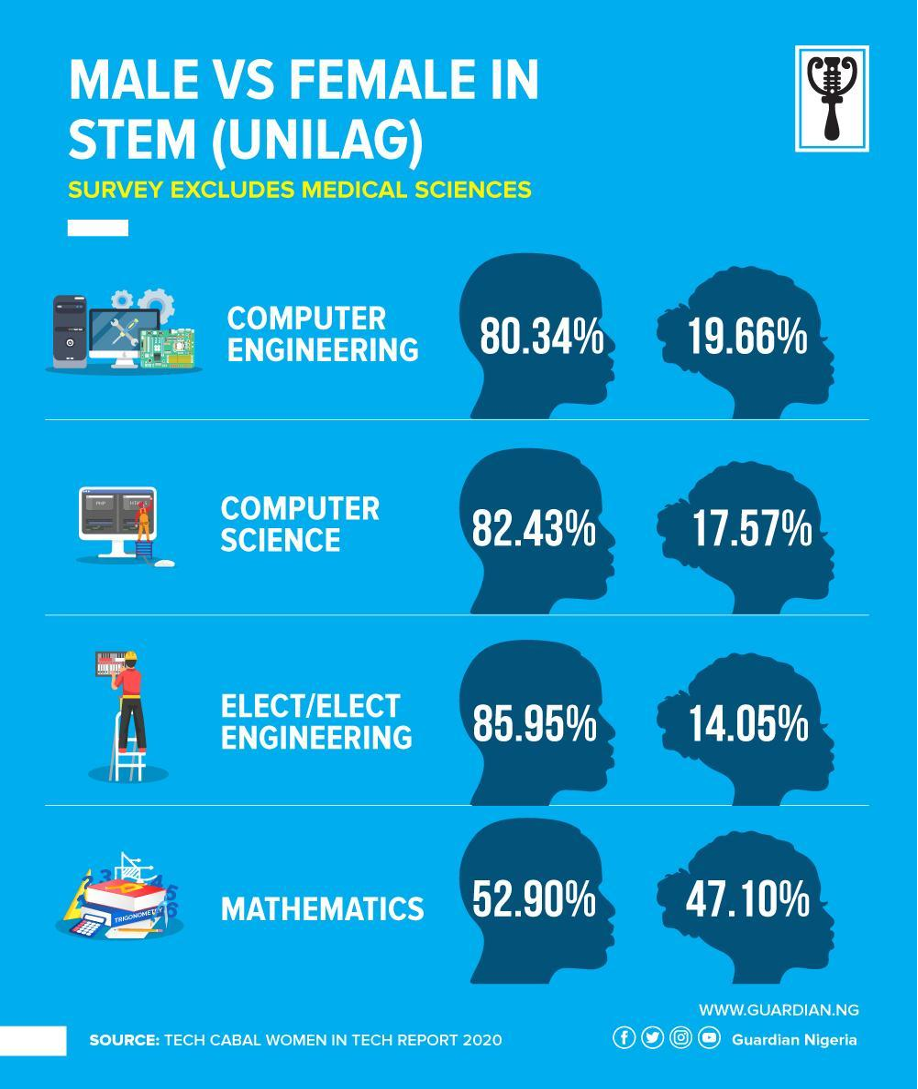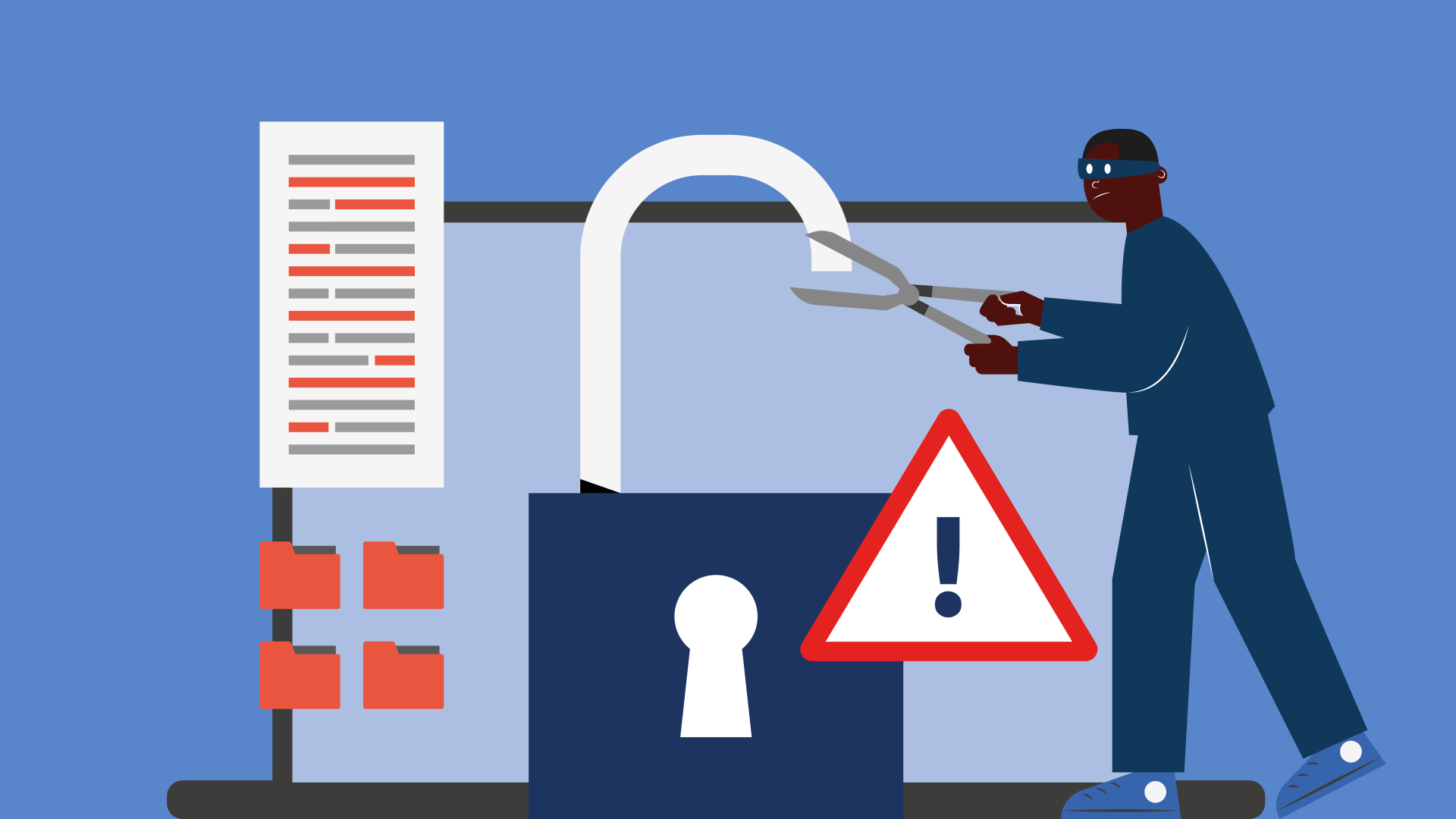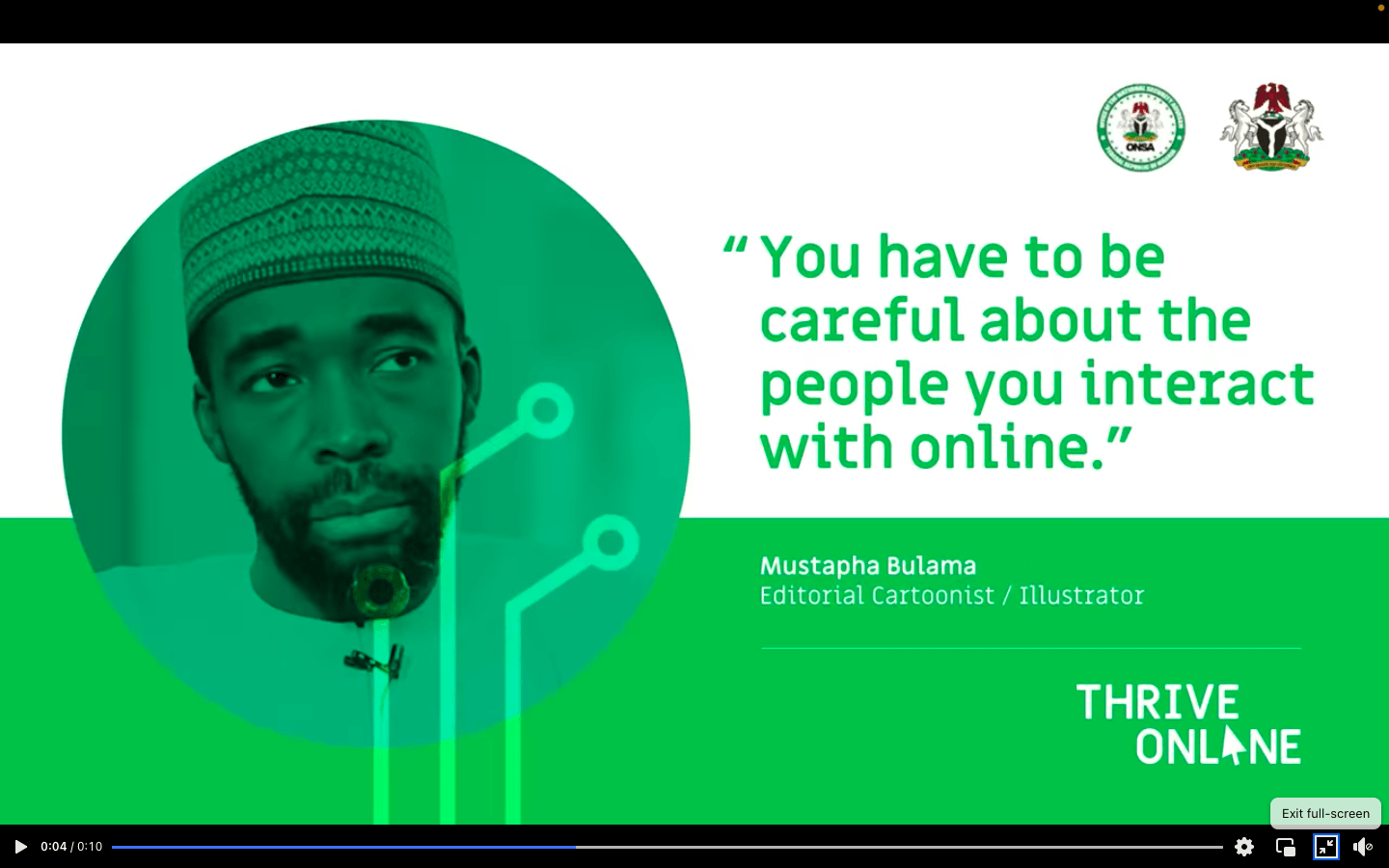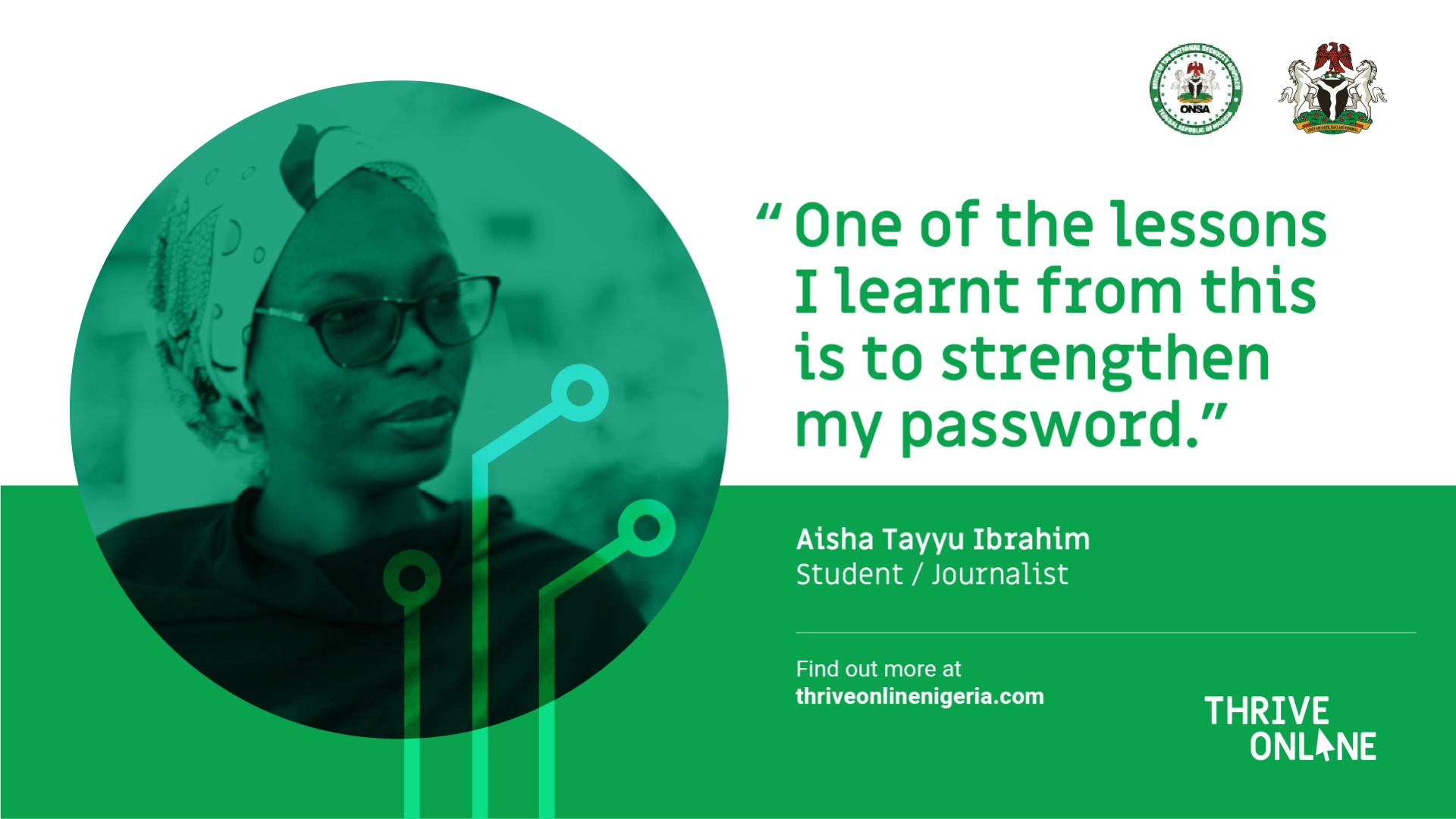Gender disparity in cybersecurity
Gender disparity in cybersecurity remains a problem that we must confront
Eight years ago, Nigeria’s Ministry of Communications Technology won the first ever GEM-TECH Award from UN Women and the International Telecommunications Union.
This recognised the Ministry’s efforts to address the digital gender divide and to embrace the potential of information and communication technologies (ICT) to empower women and girls.
Around the same time, Nigeria’s National Broadband Plan aspired to close the gender gap in ICT by committing to:
- monitor the number of women without access to the internet; and
- provide incentives for private educational centres and civil society organisations to train more women in the safe use of the internet and technology.
Both of these events helped to shine a light on the issue of how few women were pursuing careers associated with science, technology, engineering and mathematics (STEM).
Technology usage and cyber threats have significantly evolved since then, along with solutions and careers in cybersecurity. However, the fact is that women remain unrepresented in STEM jobs – especially in cybersecurity.
Cybersecurity career prospects for women and girls therefore must be addressed, both in terms of attracting more people into the industry and holding onto those few who we have already.
Unfortunately, research in 2020 revealed a telling trend in female enrolment in technology and engineering courses at the Federal Nigerian University. When it came to computer science and engineering courses, male students outnumbered their female counterparts by more than four to one.

In a similar vein, World Bank data showed that, in many sub-Saharan countries, fewer than 30% of engineering graduates were women.
A major factor contributing to women's underrepresentation in cybersecurity is likely to be the systemic exclusion of girls and young women from science and maths throughout their education. This then restricts their access and readiness to pursue opportunities in cybersecurity as adults.
Closely associated to this are unhelpful social norms and stereotypes around what kind of jobs men and women do and which sectors they work in. As Oreoluwa Lesi, Executive Director of the Women’s Technology Empowerment Centre in Nigeria, recalls, “The books I read growing up made me want to be a nurse - because women were usually nurses and men were usually doctors in the literature of my childhood. Stereotypes in media and culture are reinforced every day in Nigerian life, which influence women’s career paths.”
For those people – men or women – who do want to pursue an education in cybersecurity, opportunities are limited. Evidence suggests that only about 10% of Nigerian universities offer a cybersecurity degree.[1] There is also a lack of cybersecurity training offered as part of other related undergraduate degree programmes.
To make matters worse, for those women who do make it into the industry, they’re often confronted by issues of gender discrimination, a lack of support and poor promotion prospects. This often results in women leaving the industry early and enjoying far shorter cybersecurity careers than men.
The ‘2017 Global Information Security Workforce Study: Women in Cybersecurity’ found that alongside a lack of representation, 87 per cent of women reported unconscious discrimination and 19 per cent overt discrimination. In addition, cybersecurity jobs and certification programmes are often not well tailored to different gender needs, requiring long hours which many women and girls find impossible to manage alongside family and childcare responsibilities.
So, while acknowledging that these problems still exist, what more could be done to increase women and girls’ engagement with cybersecurity?
Firstly, Nigeria needs to adopt, improve and apply policies aimed at increasing the participation of women and girls in STEM as well as in cybersecurity specifically – to increase the pipeline of talent. The incorporation of STEM skills into girls’ education and the promotion of STEM university programmes to women and girls are critical, along with greater investment in STEM scholarships and bursaries for women and girls.
Organisations and recruiters must pay closer attention to diversity, addressing the gender gap in cybersecurity through inclusive policies that promote the participation of women and work cultures that are attractive to women and girls.
And the cybersecurity industry itself needs to champion opportunities, providing information, mentorship and resources. The CyberSafe Foundation’s CyberGirls Initiative – which equips 15-21 year old girls with cybersecurity skills and helps them find work – is just one example of what can be done to better promote cybersecurity expertise and careers among women and girls.
At this relatively early stage of its development, the cybersecurity industry cannot afford to miss out on the energy and skills that women and girls could bring. This lack of diversity needs to be tackled urgently.
[1]
https://a3techworld.com/universities-cybersecurity-courses-nigeria/











